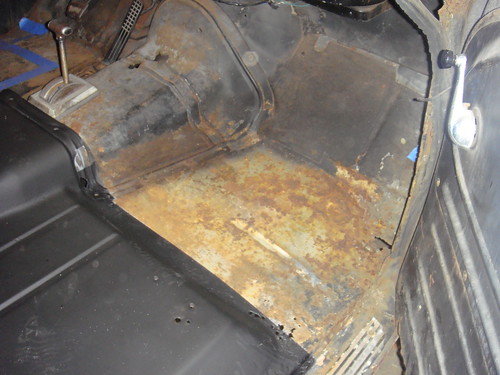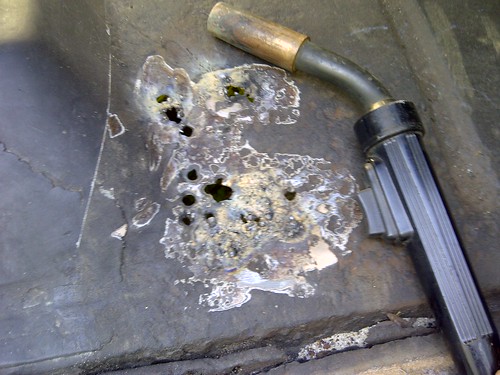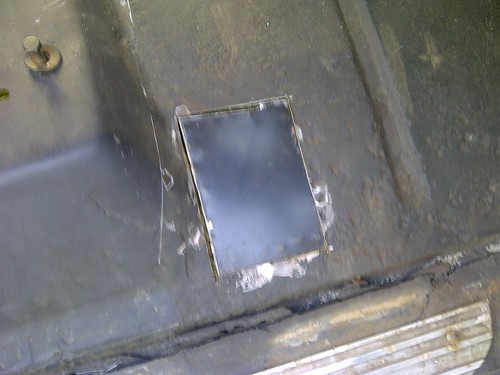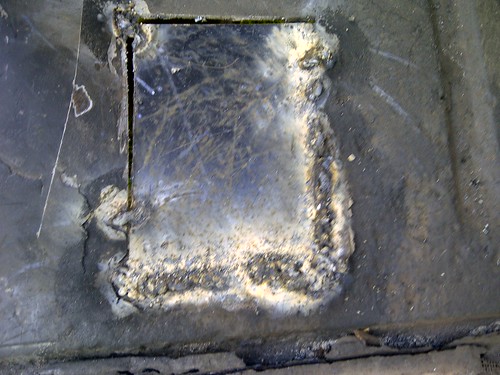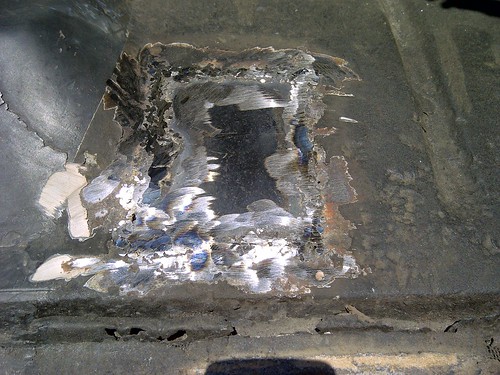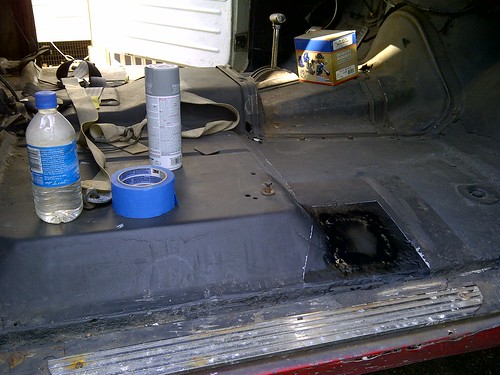Today brought the return of the
USCG/BOEMRE Hearings on the loss of the Deepwater Horizon. For an example of what they're going for, check out the
Ocean Ranger Report or the
Cullen Report [PDF] from the Piper Alpha disaster. Unfortunately, this BOEMRE/USCG investigation, instead of being a technical probing of a failure has become a legal sparing match. I want to focus on one little incident from today's testimony.
Throughout the whole inquiry, the lawyers for the various parties have totally flubbed even minor technical details. There's one BP lawyer in particular who looks like he's never had a single math course beyond Prob Stat 101 that was required for his undergrad degree. Today, there was an exchange between the lead project manager and lead investigator for the DNV BOP report and several of the lawyers. The Times-Pic
reported about various "uncertainties" about the massive
DNV Report (Volume 1, PDF). I've gone through both volumes and the report stands up pretty strong. There might be a little detail here and there that could be better, but nothing compared to the concerns these lawyers are broaching.
The lawyers then began attacking the credibility of the lead project manager. They asked him if, before the Deepwater Horizon incident, if the lead project manager had ever seen a BOP firsthand. The lead project manager replied no, and the lawyers seized on this as evidence of "government incompetence." What shocked me most of all is the "Times-Picayune Staff" decided to
feature this drivel as their "comment of the day" including the claim that Det Norske Veritas, which certifies various marine equipment (including BOP's), knows nothing about BOP's:
To hire an engineering firm that has never "seen or heard of" a BOP to conduct a forenic [sic] investigation on this equipment is rediculous. [sic]
Commenter "edjn50," from Folsom, LA, is obviously a product of Louisiana's woefully underfunded education system.
Do a little Googling and you'll learn that Neil Thompson, the project manager, has extensive experience in several fields and a PhD in
Materials Science and Engineering from Vanderbilt. The lead PM and investigator are just the head of a large team, which includes experts in Finite Element Analysis and BOP's.
We'll see how well the DNV report holds up, but these lawyers are obviously trying to do whatever they can to limit their company's legal exposure. The worst incident of the day came from that same idiot BP lawyer who questioned Dr. Thompson on what
elastic deformation was. The idiot BP lawyer claimed that "nobody in the oil industry has ever heard of elastic deformation." Fucking dunce! I'm in the oil biz and I learned about it in my sophomore-level Materials Science course. It's on page 117 of my
textbook. I can only sympathize with that poor engineer trying to teach bloody English majors mechanical engineering while under oath. Flummoxing your opponent with your total ignorance might be an effective legal strategy, but is no way to run an investigation of an engineering disaster.
 Idealized Plastic and Elastic Deformation regions in metals, from Wikipedia
Idealized Plastic and Elastic Deformation regions in metals, from WikipediaUPDATE- Also, one more thing worthy of interest:
Chron article about new BP emails. Note Sims was the only BP engineer who actually had a P.E.
UPDATE 2-
Godfrey [Annoying BP lawyer] suggested that nobody in the industry had ever seen such "elastic buckling" of a drill pipe before. But Thompson said it's a commonly understood concept of physics. Note that drill string is called a string precisely because of the elastic nature of the elongated sections when joined together. They hang like a string from the derrick. The elasticity is what allows for directional drilling, for example.
UPDATE 3-
Rigzone weighs in on the "unqualified opinion." More english-major foot-in-mouth.
Also: more
Gulf of Mexico concerns. Petrobras, which had an interesting
kablewey 10 years ago, has some problems on the first FPSO in the Gulf. Note that I've been concerned
in the past at how it would handle a hurricane.UPDATE 4-
Transcripts posted. One of the investigators worked on the
King's Cross investigation. Very impressive. BP's rebuttal witness, despite some 40 years of BOP operational experience, flubbed some basic materials science questions. Not very impressive.
